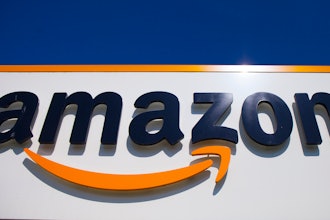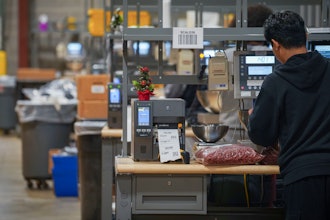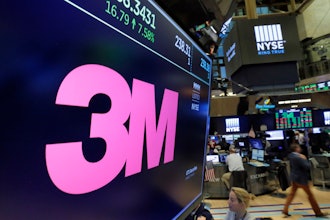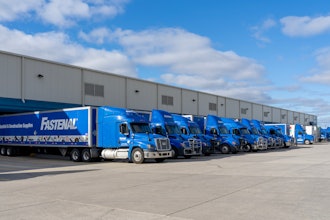 Amazon’s latest financial performance reflected a dismal quarter, but the problem is not sales – it never is. The company that booked more than $74 billion in revenues last year posted a 20 percent jump in Q3 revenues (to $20.58 billion), and yet announced its largest quarterly net loss in 14 years.
Amazon’s latest financial performance reflected a dismal quarter, but the problem is not sales – it never is. The company that booked more than $74 billion in revenues last year posted a 20 percent jump in Q3 revenues (to $20.58 billion), and yet announced its largest quarterly net loss in 14 years.
This comes as no surprise to those who’ve been watching this company work to balance its growth objectives with improving profit margins. According to the AP, investors are increasingly signaling that Amazon needs to work harder at turning a profit. This played out last week when Amazon’s stock slid on the latest financial news. According to the Wall Street Journal, Amazon’s CFO, Tom Szkutak, “struck a more cautious tone in a conference call with reporters than he has in the past, suggesting that the fast-moving company might be forced to get choosier about where it invests.”
In fact, says WSJ, “For years, Amazon won the devotion of investors with quarter after quarter of skyrocketing sales and optimism about long-term projects seen as generators of even more growth. But skepticism about the payoff from some of the investments has been growing…”
One chink in the Amazon armor has come due to its much maligned smart phone launch. The Fire phone continues to be highly criticized and Amazon has admitted a $170 million charge for “inventory evaluation and supplier commitment cost” related to the product. Unfortunately, the initial sticker price of $199 was short lived, and you can now find a Fire for 99 cents with contract.
Says Forbes, “Amazon is certainly not a company to be dismissed, but with some highly visible misses in the rear-view mirror, consumer satisfaction has never been more important to their ongoing success.”
So, with Amazon under a microscope, where will the company focus its efforts and, just as important, its investments?
This week, Gov. John Kasich announced Amazon’s billion+ dollar investment in cloud computing, with a data center committed to Central Ohio. The story broke before the Q3 financial dust settled, and yet Infoworld suggests that the company’s focus on AWS (Amazon Web Services, its highly popular cloud platform) is a smart area of focus and “Amazon and its investors would be crazy not to keep investing in AWS.”
Some experts think there is more spending on the way, and that investors will likely just deal with it. Forbes’ Clare O’Connor says that Amazon is given latitude to miss earnings targets because “investors know the work is being done under the hood. For every dollar lost on shipping, there’s one invested in, say, web hosting.”
As for how this affects the industrial marketplace, it’s hard to guess. Anecdotally, we hear less often from readers voicing their fear and suspicion over AmazonSupply. Amazon CEO Jeff Bezos has remained mum on the progress of this division but perhaps this silence is only the subtle indicator of a sleeping giant. A May article in Forbes cited a Boston Consulting Group study, which found AmazonSupply’s prices to be about 25 percent lower than the rest of the industry on common items. As Bezos aptly put in 2012, “We are comfortable planting seeds and waiting for them to grow into trees.”
But the industry is waiting… and where are the trees? And who is in the forest? Some MRO distributors are finding ways to work with AmazonSupply as third party suppliers via drop ship opportunities. Others can fulfill orders by sourcing products from AmazonSupply for customers that are willing to pay their margin for whatever services they might provide outside of a typical transaction. For some, the good – at least in the near-term – will outweigh the bad. In fact, we have yet to hear from a distributor who claims to have lost significant market share to this industry newcomer.
But it’s still early, and it seems Amazon may continue – at least in some areas of its business – to be bolstered by both funding and flexibility for now. The big questions is: Can Amazon continue to be all things to all people? There could be some foreshadowing in Amazon CFO Szkutak’s statement last week on a conference call with analysts, but the company’s strategy still comes across as deliberately vague: "There's still lots of opportunity in front of us but we know that we have to be very selective about which opportunities we pursue."






















